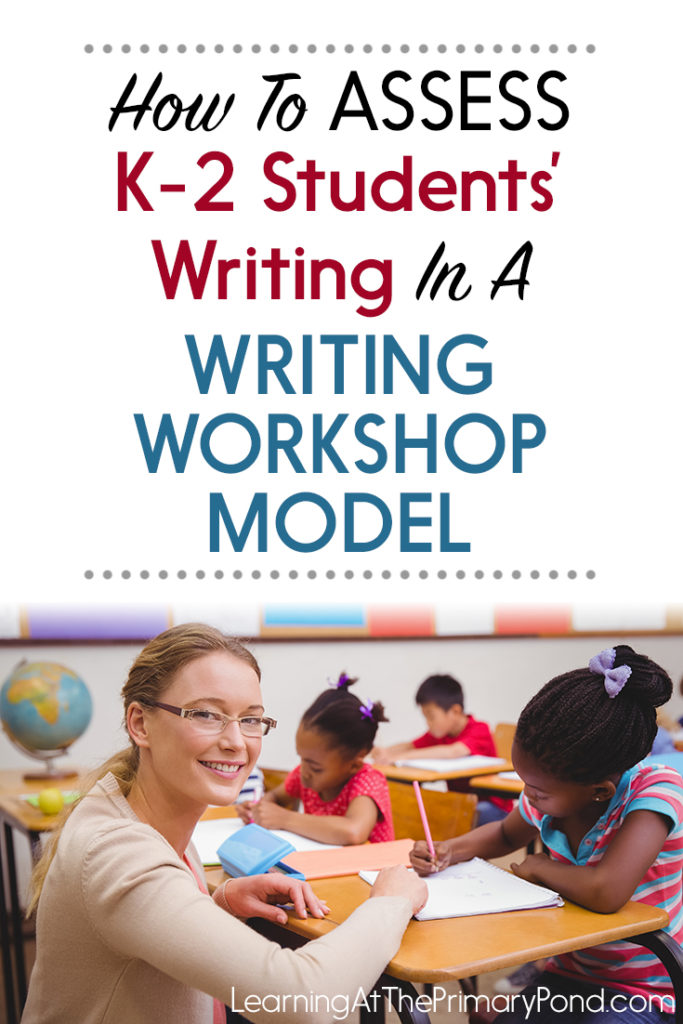
Assessing Student Writing: The Self-Revised Essay of trust by exploring breaches of trust motivated by a variety of reasons and through a variety of relationships Student writing can be evaluated on five product factors: fluency, content, conventions, syntax, and vocabulary. Writing samples also should be assessed across a variety of purposes for writing to give a complete picture of a student's writing performance across different text structures and blogger.comted Reading Time: 8 mins Encourage students to reflect on the process, the product, and the performance. Before they begin to write, students reflect on where they are in their development as writers, identifying those During the writing process, have students pause to reflect, for example, on the questions they asked to
Assessing Student Writing | Writing Center | Nebraska
By Jim Burke. Award-winning educator Jim Burke explains a variety of assessment techniques to help students improve their writing. This article is excerpted from The Teacher's Essential Guide Series: Assessing students writing Area Writing by Jim Burke. Writing assessment refers not only to evaluating a student's final paper and assigning it a grade, but also to measuring a student's knowledge of the elements of writing we have taught him.
Assessment is a crucial part of the instructional process and of a student's growth as a writer, but it also demands much of the teacher. We might revise an old writer's saying to read that "we love everything about teaching writing except the paper work.
Yet it is not true that we must assess everything students write; if we did so, our students would not write nearly as much as they must if they are to improve. Such purposeful writing requires a constructive response, feedback that helps students revise a specific paper and improve their future performance. Students themselves, assessing students writing, however, must also reflect on their own writing and the strategies they use throughout the writing process, for if students do not internalize the writing strategies discussed throughout this book, assessing students writing, they will not achieve the independence required to apply this assessing students writing in college or the workplace.
Responding to papers encompasses so many of the challenges of teaching writing successfully, assessing students writing, all of which can be summed up by asking, "How can we respond to students' writing in ways that are fast but effective? students, as many of us do, it's not possible. Well, that's not true; one of my colleagues worked with a teacher who kept an army cot in her classroom and, when she collected papers, spent the night in assessing students writing room so she could return the papers to her students the next day, assessing students writing.
As a happily married man and father of three kids who strives for some measure of lifework balance, this is assessing students writing a viable option for me. Our response to students' writing serves three assessing students writing purposes: it provides guidance for revision of the current paper, it gives feedback students can use to improve their future performance, and it accounts for the grade you assign the paper. Here then are some ways to respond to papers when they are finished as opposed to while they are in draft form, assessing students writing.
As students use new strategies and learn new aspects of writing, they need the opportunity to examine the difference these strategies make. Each writer must study his or her own writing process, learning what works when, for example, assessing students writing, they generate ideas. I have students who have learned that they need to talk their ideas through, so they schedule conferences with me during lunch to have a sit-down and hash out what they are thinking.
Others need to just write, getting something down on paper no matter how bad. When the paper is finished and ready to be turned in, ask students to do some thinking about not only the final product but also their process and their performance.
If they do not reflect, they will lack insight about how they reached the final result and will be unable to repeat what they did well due to a lack of awareness. Their success on a paper becomes an accident, something they cannot assessing students writing on future performances, assessing students writing. Just as athletes watch videotapes of previous games, students should reread past essays.
Here are some easy but effective ways to incorporate reflection into the writing process, assessing students writing. Writing is essential to students' success in school, the workplace, and society at large. Author Jim Burke offers specific strategies to teach the skills and strategies students need if they are to achieve such success.
Create a List. List Name Save. Rename this List. Rename this list. List Name Delete from selected List. Save to. Save to:. Save Create a List. Create a list. Save Back. Assessing Student Writing By Jim Burke. Grades 6—89— View not found. Download the PDF from here. Related Subjects. Assessment Revision. Appears in This Collection. Grade Susan Cheyney GRADES: About Us.
Assessing student writing
, time: 1:05
Student writing can be evaluated on five product factors: fluency, content, conventions, syntax, and vocabulary. Writing samples also should be assessed across a variety of purposes for writing to give a complete picture of a student's writing performance across different text structures and blogger.comted Reading Time: 8 mins Encourage students to reflect on the process, the product, and the performance. Before they begin to write, students reflect on where they are in their development as writers, identifying those During the writing process, have students pause to reflect, for example, on the questions they asked to Assessing Student Writing: The Self-Revised Essay of trust by exploring breaches of trust motivated by a variety of reasons and through a variety of relationships
No comments:
Post a Comment